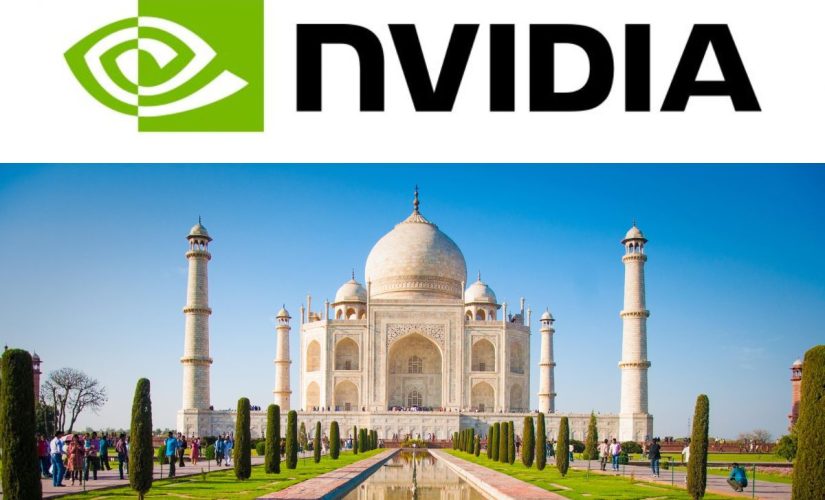India data center providers are purchasing tens of thousands of advanced Nvidia GPUs (graphics processing unit) in a bid to turbocharge growth in the country’s artificial intelligence (AI) sector.
The Indian GPU sales come after the trillion-dollar chipmaker lost a significant chunk of its business in China due to recent US export controls on leading-edge semiconductors to its rival superpower. Nvidia expected over $5 billion in high-end data center GPU sales to China in 2023-2024 before the restrictions bit. Although it developed export-compliant chips, Chinese companies were reportedly unhappy with the downgraded offerings.
The Silicon Valley giant is confident worldwide demand for its products will offset any losses in the Far East. Investors and analysts will be watching Nvidia’s fiscal fourth-quarter earnings report next month to see how true this is.
Nvidia hopeful India GPU sales can plug China shortfall
In an interview with Reuters, Mumbai-based Yotta announced one of its largest procurement deals, saying it plans to deploy 32,000 Nvidia H100 and H200 GPUs by 2025 worth about $1 billion. Roughly 16,000 of those GPUs will come online this July at Yotta’s new AI-focused data center in Gujarat opening in March.
Yotta CEO Sunil Gupta said India’s machine learning market could reach $14 billion annually by 2030, but only by leveraging advanced infrastructure like Nvidia’s accelerators.
“India’s AI ambition is just not possible unless this infra[structure] comes to India”, Gupta sai.d
Other Indian firms striking GPU deals with Nvidia include massive conglomerate Reliance Industries and Tata Group. Reliance will utilize Nvidia’s newest GH200 “superchips” to train AI models on India’s many local languages and dialects. Tata is constructing an AI supercomputer centered on the GH200 for pioneering cloud services.
Nvidia’s dominance is being challenged
Nvidia has a dominant position when it comes GPUs used for AI systems. They are the big player all others must beat.
The company is estimated to control anywhere from 70-90% market share currently, far ahead of rivals AMD and Intel. Nvidia’s specialized Tensor Core GPUs are so far unmatched at accelerating the intense mathematical workloads required to train and run deep-learning AI models. Top cloud providers like AWS and Microsoft Azure as well as server manufacturers rely extensively on Nvidia chips to power their AI offerings.
However, the industry wants supply chain diversity and if AMD produces a chip close to the performance of Nvidia’s cutting-edge H100, it may capture a significant market share.
With the sector growing rapidly, AMD’s push into AI semiconductors pits it to disrupt Nvidia’s dominance. Top cloud providers and server manufacturers will be keen for an alternative GPU supplier.
India, the world’s most populous nation, with a surging tech industry, presents immense opportunities as AI expands across finance, healthcare, agriculture, infrastructure and other economic sectors.
Featured Image: Canva free





